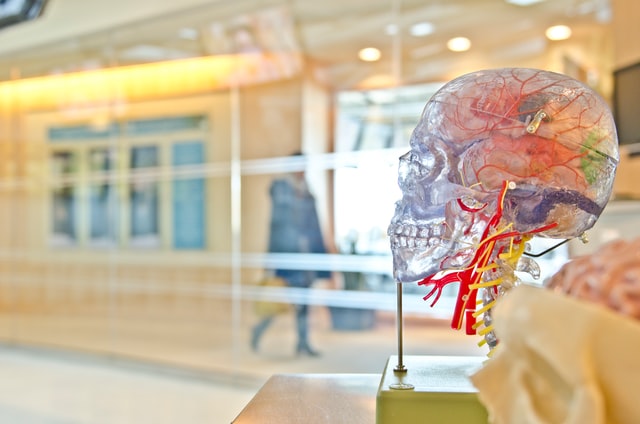 Researchers in Japan have identified a potential drug therapy for neurodegenerative symptoms in animal models of dementia and Alzheimer’s disease, concluding that the drug may reverse the effects of these disorders.
Researchers in Japan have identified a potential drug therapy for neurodegenerative symptoms in animal models of dementia and Alzheimer’s disease, concluding that the drug may reverse the effects of these disorders.
The team, publishing the results in the International Journal of Molecular Sciences, noted that there is currently no disease-modifying therapy for neurodegenerative disorders like Alzheimer’s. “We discovered the novel, disease-modifying therapeutic candidate SAK3, which, in our studies, rescued neurons in most protein-misfolding, neurodegenerative diseases,” said study author Kohji Fukunaga, professor emeritus at Tohoku University.
SAK3 has been declared safe by the governing board in Japan and researchers are bound to start clinical trials in humans next year, according to the study press release.
Study Details
Previously, the team saw that the SAK3 molecule seemed to help enhance memory and learning in an Alzheimer’s mouse model. It appeared to improve the function of a cell membrane channel, thus promoting neural activity in the brain.
SAK3 usually promotes the release of neurotransmitters acetylcholine and dopamine, which are significantly reduced in the case of Alzheimer’s and dementia.
Fukunaga noted that even after cognitive impairment has occurred, administering SAK3 significantly prevents the progression of neurodegeneration, particularly in motor dysfunction and cognition.
SAK3 also helps manage the damage of misfolded alpha-synuclein, which normally helps regulate the transmission of neurotransmitters in the brain. The protein can misfold, aggregate, and contribute to what is suspected by scientists as a cause behind neurodegenerative symptoms. When the aggregation occurs, it can result in loss of dopamine neurons, which should otherwise help with learning and memory.
This breakthrough is thought to help solve issues of protein misfolding disorders in Parkinson’s disease and Huntington’s disease, on top of Alzheimer’s.
Preventing Dementia
Getting older increased the risk for dementia. However, evidence is quick to show that there are things that can be done to reduce this risk and prevent dementia. Here are some of them:
- Stay physically and mentally active. Exercise regularly to benefit not just your risk of dementia but also your heart and circulation, weight, and mental wellness. Find an exercise routine that works for you, working your way up if you’re just starting out. Thirty minutes of high intensity workouts three times a week are found to help in overall wellbeing.
Just as important is staying mentally sound. Keep doing activities that interest you mentally and help stimulate you, such as reading, keeping a journal, or doing brain exercises. - Eat a balanced diet. Eat at least five portions of vegetables and fruits every day, along with protein twice a week. Manage your intake of carbohydrates if you are trying to shed the extra pounds, and consume healthy fats like olive oil, avocado, and nuts and seeds. Drink at least eight glasses of water daily.
- Stop smoking and lessen your alcohol intake. Smoking and excess alcohol consumption can both increase your chances of dementia in senior years. Set yourself a limit for alcohol and keep track of what you’re drinking.
- Take a high-quality dietary supplement. Whether for brain enhancement or another health goal, consider supplementing if you don’t get an optimum amount of vitamins, minerals, amino acids, and antioxidants. This is part of taking control of your health, but note that safety far outweighs any purported benefits.
